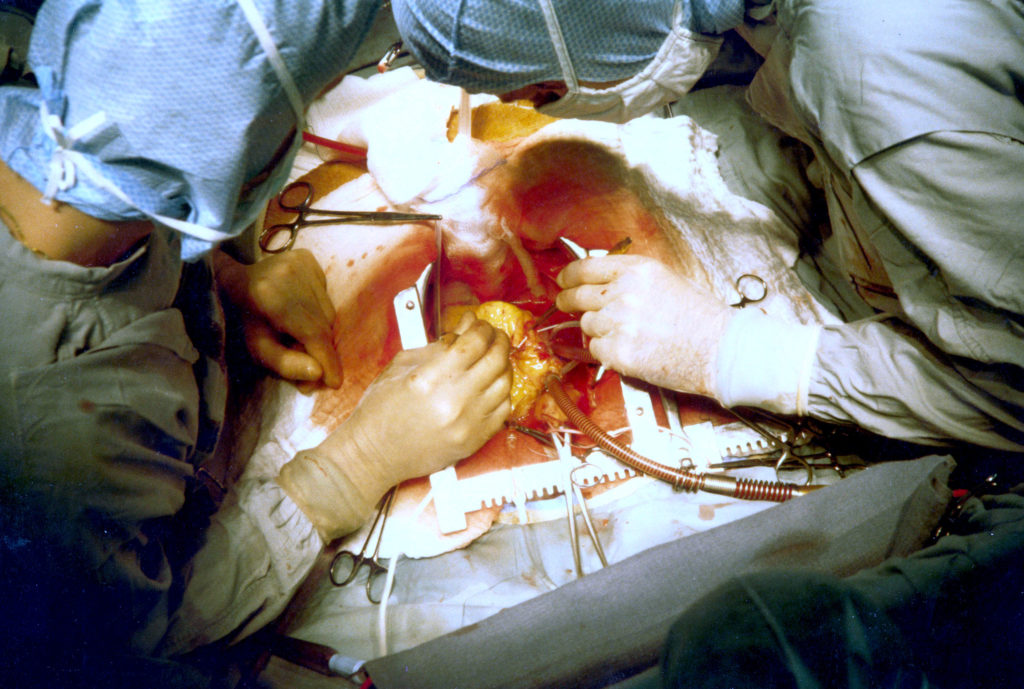After the first four infections were diagnosed at UWMC’s Cascade Tower, the hospital conducted tests and found Legionella in an ice machine and two sinks. Then on September 16, three heater-cooler devices, which are used to keep a patient’s organs and blood at a specific temperature during surgery, also tested positive for Legionella. Subsequent testing found presence of the bacteria in all nine of the hospital’s heater-coolers.
Legionnaires’ disease is a severe form of pneumonia caused by Legionella bacteria that produces symptoms including cough, fever, muscle aches, shortness of breath and headaches. Even previously healthy patients who contract the disease have a 1 in 10 chance of dying if they don’t receive prompt medical treatment.
Despite the presence of Legionella in all of the heater-coolers, UW does not believe that the devices caused the patient infections, instead blaming the outbreak on the contaminated sinks and ice machine.
The hospital says only two of the five infected patients were treated with heater-coolers, and the timing of onset of symptoms in those two patients was outside of the typical Legionella incubation period. Additionally, UW maintains that there is no history of humans contracting Legionnaires’ disease from the devices, and that water from the machines never comes into contact with patients.
However, to ensure safety the hospital has upgraded its heater-cooler cleaning protocol to include sanitizing the devices after each use, using sterile water and ice made with filtered water in the units. These steps go beyond manufacturer-recommended specifications, according to UW.
In addition to the outbreak of Legionnaires’ disease, heater-coolers have also recently been linked to a number of nontuberculous mycobacterial (NTM) infections in heart surgery patients around the country. The U.S. Food and Drug Administration (FDA) issued a warning about the devices’ safety, as has the Centers for Disease Control and Prevention (CDC).
Source: Becker’s Hospital Review
